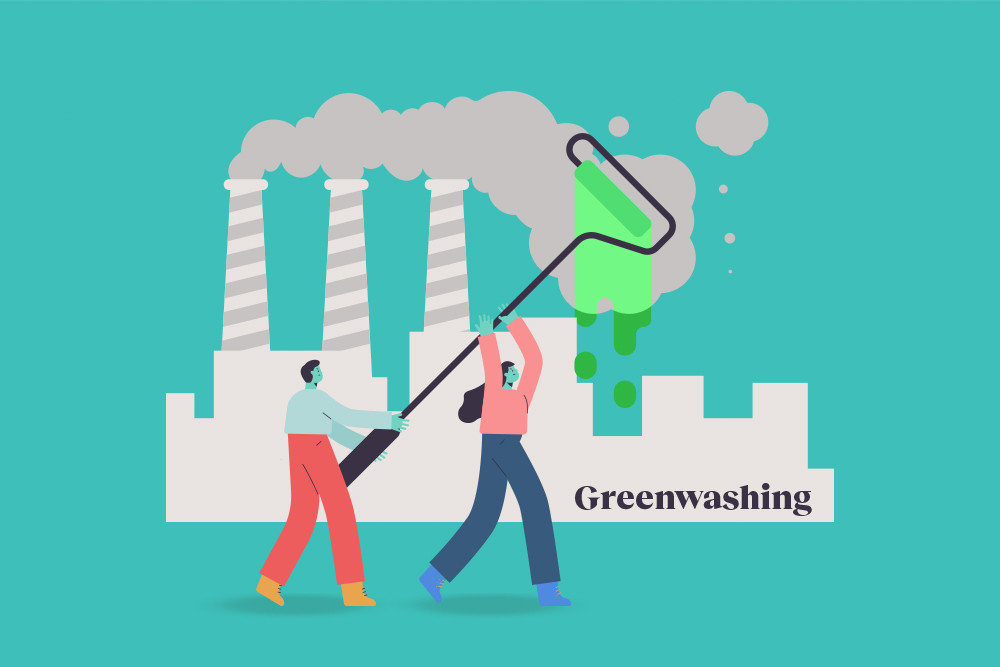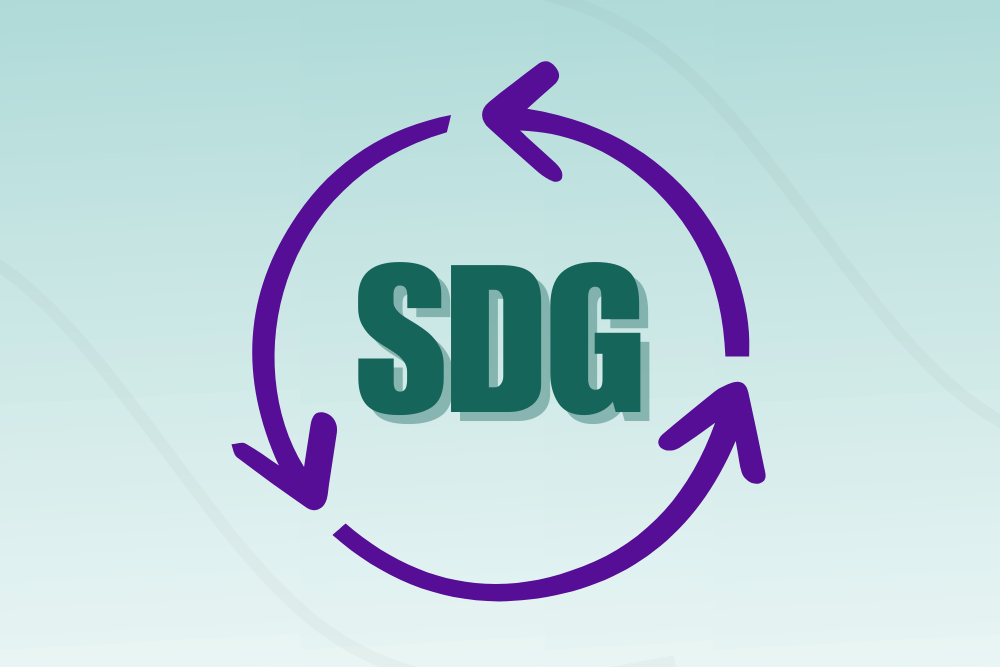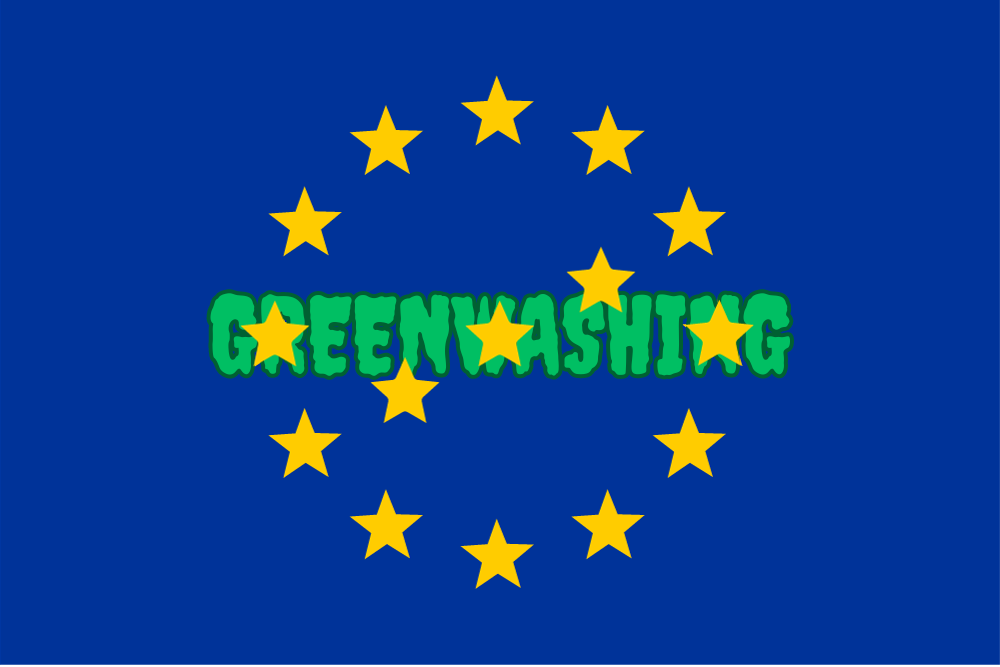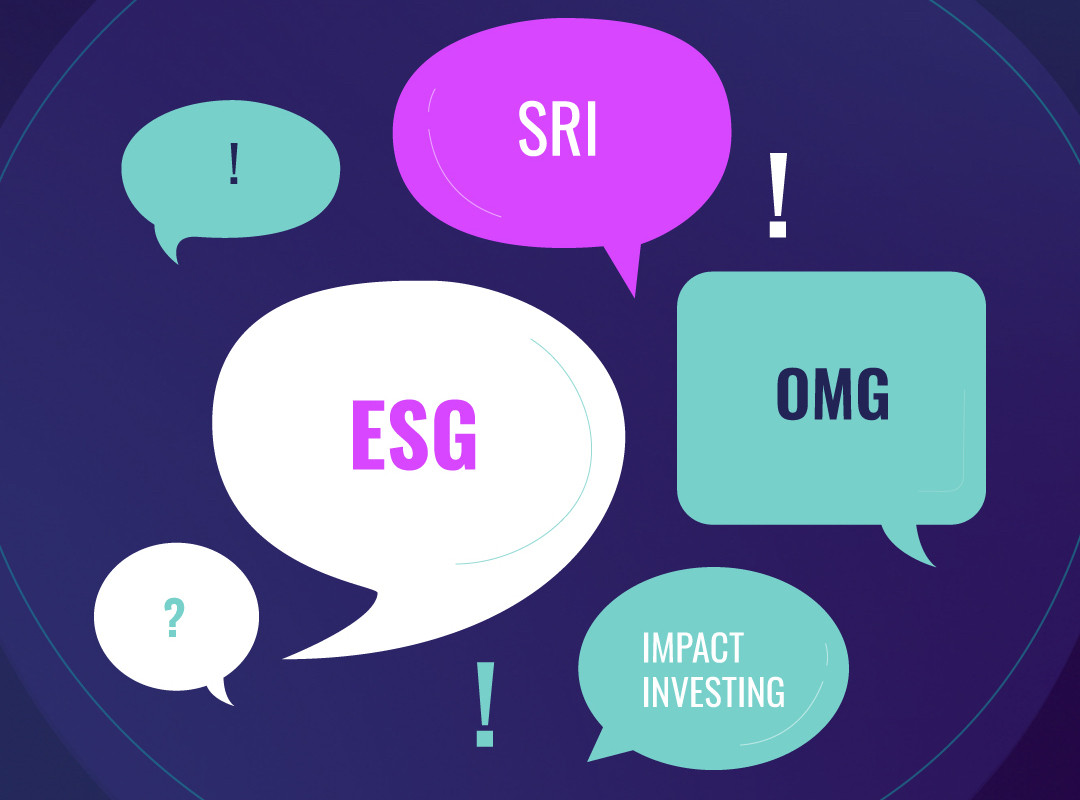 Back to Learn page
Back to Learn page

Companies Walking Back Sustainability Goals May… Actually Be a Good Thing?
It seems like nowadays every company has set net-zero emissions targets or made some sort of sustainability pledge. While this has been going on for a number of years, the number of companies making these commitments has been on the rise.
What’s rarer, though, is companies that are already beginning to walk back their sustainability goals.
But this may actually be a good thing.
Take a look at Unilever, the company that owns brands ranging from Dove, to Ben & Jerry’s, Hellmann’s, Axe, Vaseline and Liquid IV. As a large, multinational corporation, it’s been called out for its widespread impacts on the environment — including things like its plastic pollution and palm oil procurement.
Unilever saw the need to address these environmental concerns, launching a “Sustainable Living Plan” in 2010, which emphasized its more sustainable brands and sought to reduce waste across the company. Afterwards, it announced a “Net Zero by 2039” plan which aimed to reduce its scope 1, 2 and 3 emissions to zero by 2039.
But in the first few years of its net zero plan, progress towards this goal still seemed minimal, and even Unilever acknowledged this.
In October, Unilever’s CEO decided to scrap its aspirational net zero plan in favor of a new, less ambitious goal.
"We will do that not by setting a lot of aspirational goals that are so long term that none of us will be around to be held to account for them but instead by short-terming our work that is by making real, steady, meaningful progress on the big issues quarter on quarter, year on year," Unilever CEO Hein Schumacher said. "Time-bound, costed roadmaps will ensure we stay on track and we will hold ourselves accountable to targets that are explicit, stretching, transparent and measurable."
While environmental activists may be less excited about Unilever’s new “composite score” that associates environmental impact with other business goals. It demonstrates a reality check that Unilever was faced with.
Unilever has been open about the challenges of actually getting a huge international corporation to net zero. Other companies have been more quiet, but still encounter similar issues.
For example, Shell made a net zero by 2050 commitment in 2021, but the company silently scrapped the plan just two years later.
For an oil company like Shell, any net zero target will take a lot of work due to the carbon intensive nature of the industry. Two years ago Shell seemed unfazed, but now that it has had time to try to reach this goal — mainly through purchasing millions of carbon offsets — it’s come face to face with the reality that it may have bitten off more than it could chew.
In both Unilever and Shell’s case, revising their net zero plans doesn’t necessarily mean that they’re done with sustainability. It’s more of a wakeup call that if you pledge to do one thing, you actually have to do it.
"I don’t see this as part of the anti-woke pushback, remotely, but a reflection of the reality that as sustainability imperatives mainstream, the shotgun approach to commitments risks attacks for greenwashing and lowered overall impact," sustainability strategist John Elkington, who consults with Unilever, told GreenBiz.
Other companies may likely go through the same process of making sustainability promises that they can’t keep, and then switch to more achievable goals, which may be a good thing. Regulators are cracking down more and more on greenwashing, and both investors and consumers are willing to call out companies that they believe aren’t going far enough with sustainability.
It seems like the mania of making far-off net zero pledges may fade, and companies may have to figure out ways to make more tangible, immediate sustainability changes. As the former solution ultimately translates to kicking the climate change can down the road, and people might not be fooled for much longer.
Questions for Retail Investors to Consider:
∙ Have any companies in your portfolio made net zero pledges? Have they reported progress on this goal?
∙ How can you tell when a sustainability pledge is good for business, or just lip service?
∙ How can sustainability goals differ from company to company?
∙ ∙ ∙
The views expressed are those of the author at the time of writing, are not necessarily those of the firm as a whole and may be subject to change. The information contained in this advertisement is for informational purposes and should not be regarded as an offer to sell or a solicitation of an offer to buy any. It does not constitute a recommendation or consider the particular investment objectives, financial conditions, or needs of specific investors. Investing involves risk, including the loss of principal. Past performance is not indicative or a guarantee of future performance. We do not provide tax, accounting, or legal advice to our clients, and all investors are advised to consult with their tax, accounting, or legal advisers regarding any potential investment. The information and any opinions contained in this advertisement have been obtained from sources that we consider reliable, but we do not represent such information and opinions are accurate or complete, and thus should not be relied upon as such. This is particularly true during periods of rapidly changing market conditions. Securities offered through Fennel Financials, LLC. Member FINRA SIPC.

Expand your knowledge further

Greenwashing is a superficial and sometimes misleading way companies claim sustainability.

Some universities are using endowment funds to invest in the oil industry.

What does impact investing look like in practice?

Want to invest in bonds while having a positive impact on the world?

A growing number of future business leaders are learning about sustainability in their MBA programs.

The 17 SDGs represent aspirational goals that span a range of economic and societal issues, with the intention of providing a better future for all.

The EU has recently unveiled some strict rules against greenwashing.

Greenwashing is a superficial and sometimes misleading way companies claim sustainability.

Some investors have a hypothesis that ESG investments generate stronger, more sustainable returns over the long term.

There are a lot of terms used in the world of impact investing, what do they all mean?
Take back the power of your investment
